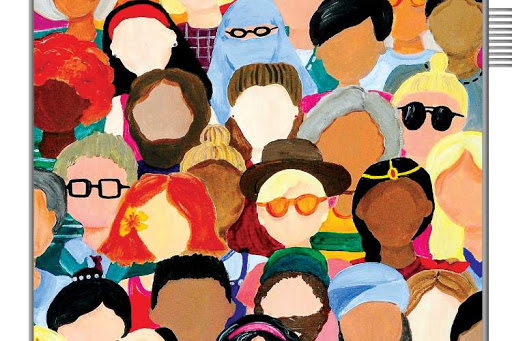
In issue 157 of the Journal of Information, Wisdom and Knowledge, interviews and articles by members of Iranian Society of Intercultural Philosophy have been published.
In the speech section, Mohammad Hassan Yaghoubian provides definitions and an overview of the history of intercultural philosophy. Intercultural philosophy is defined as an approach with moral insight and commitment that is receptive to various cultures an perspectives. In the following, a brief history of the roots of intercultural philosophy in the West and the historical capacity of Iran to accept this type of philosophical approach is presented.
After the Secretary’s speech, we proceeded to the first interview of the magazine with AliAsghar Mosleh, Chairman of the Board of the Iranian Intercultural Philosophy Association. In this conversation, the basic principle of the intercultural view, “being in the middle” and thinking about “between me and the other” is introduced. According to Mosleh, intercultural orientation does not seek to be a mixture of all cultures, but in this philosophy, the main issue is to understand each other and communicate while maintaining differences. He goes on to discuss the implications of intercultural expression and its origins. The second part of the interview is dedicated to the subject of Islamic and Iranian cultural capacities in accepting intercultural philosophy and the history of the tradition of dialogue. And in the final part, the importance of intercultural attitude in the current conditions of the contemporary world is discussed.
The second interview is with Seyed Mohammad Reza Hosseini Beheshti, a member of the founding board and current board of directors of the Iranian Intercultural Philosophy Association. In this interview, Beheshti points out that intercultural philosophy is not a discipline alongside other disciplines of philosophy, but an approach that thinks about differences. He considers intercultural roots to be the beginning of philosophy and considers the hermeneutic phenomenological approach to be most closely related to intercultural philosophy. The final part of this interview also deals with the effects of intercultural insights on the historiography of philosophy. The magazine’s third interview is devoted to an interview with Reza Dehghani, a member of the Iranian Intercultural Philosophy Association. In his view, intercultural philosophy is not philosophy in the traditional sense or comparative philosophy. This philosophy means learning to “stand in the middle.” The interview also addresses different approaches to this type of philosophy, the definition of standing in the middle, and “Gadamer relation and intercultural insight.“
This special issue also includes an interview with Maghsoud Faraskhah and articles by Ram Adher Mall, Franz Martin Weimer, Georg Ashtner, Ryuzuke Ahashi and Mohammad Hassan Yaghoubian.

